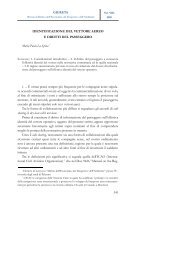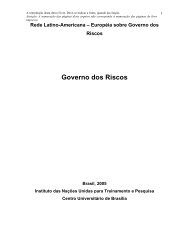YEARS OF EUROPEAN ONLINE ANNÉES DE EN LIGNE ...
YEARS OF EUROPEAN ONLINE ANNÉES DE EN LIGNE ...
YEARS OF EUROPEAN ONLINE ANNÉES DE EN LIGNE ...
You also want an ePaper? Increase the reach of your titles
YUMPU automatically turns print PDFs into web optimized ePapers that Google loves.
WORKSHOP<br />
the success of the implementation depends on the language. for English,<br />
for example, there are very eficient algorithms for lemmatisation as well as for<br />
the reduction to roots. Other languages are more complicated, in particular<br />
those which function with discontinued word forms such as German and<br />
Dutch.<br />
Der Mann holt den Koffer am Bahnhof ab ⇒ abholen<br />
In other languages there are not only modiications of the beginning or<br />
end, but there are inlexions as well. In any case, these computer linguistic<br />
technologies are auxiliaries for retrieval approaches, which are based on<br />
Boolean methods or even go much further.<br />
Classiication<br />
this method is supposed to be the oldest one, particularly because it was,<br />
and still is, used in libraries. the text objects are classiied according to the<br />
themes they deal with. most of these systems have a hierarchical structure.<br />
One of the most sophisticated classiication systems is the Universal Decimal<br />
Classiication, which in its core version consists of over 56 000 terms accompanied<br />
by another 13 000 common auxiliaries. the latter cover subjects<br />
such languages, etc. the complete system currently contains about 220 000<br />
terms. the system was created by two Belgian librarians at the end of the 19th<br />
century. An important characteristic of this system is that various categories<br />
may be linked to each other. thus it is possible to treat quite sophisticated research<br />
requests.<br />
this is an extract from the Universal Decimal Classiication.<br />
0 Generalia<br />
00 Prolegomena. fundamentals of knowledge and culture.<br />
Computer science<br />
001 Science and knowledge in general. Organisation of<br />
intellectual work<br />
002 Documentation. Books. writings. Authorship<br />
003 writing systems and scripts. Including: signs and symbols<br />
004 Computer science and technology. Computing<br />
004.2 Computer architecture<br />
004.3 Computer hardware<br />
004.4 Software<br />
004.5 human–computer interaction<br />
>>><br />
160 | 161<br />
01_2007_5222_txt_ML.indd 161 6-12-2007 15:14:06



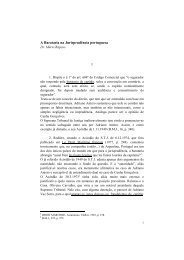
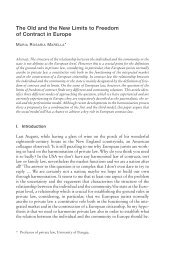

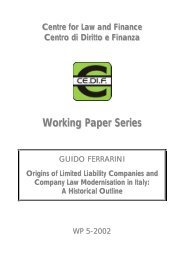
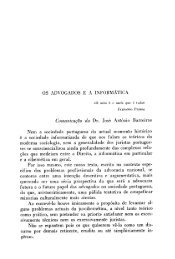
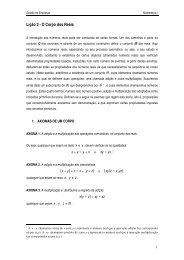
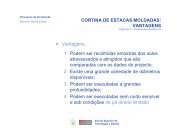
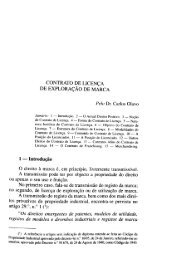
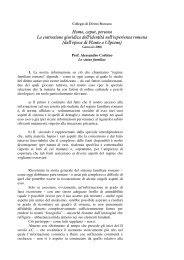
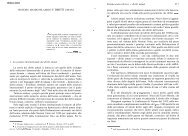

![Luigi Sapio Nozione di islām La parola “islām” [ ] è il mas.dar1 ...](https://img.yumpu.com/15836073/1/185x260/luigi-sapio-nozione-di-islam-la-parola-islam-e-il-masdar1-.jpg?quality=85)
